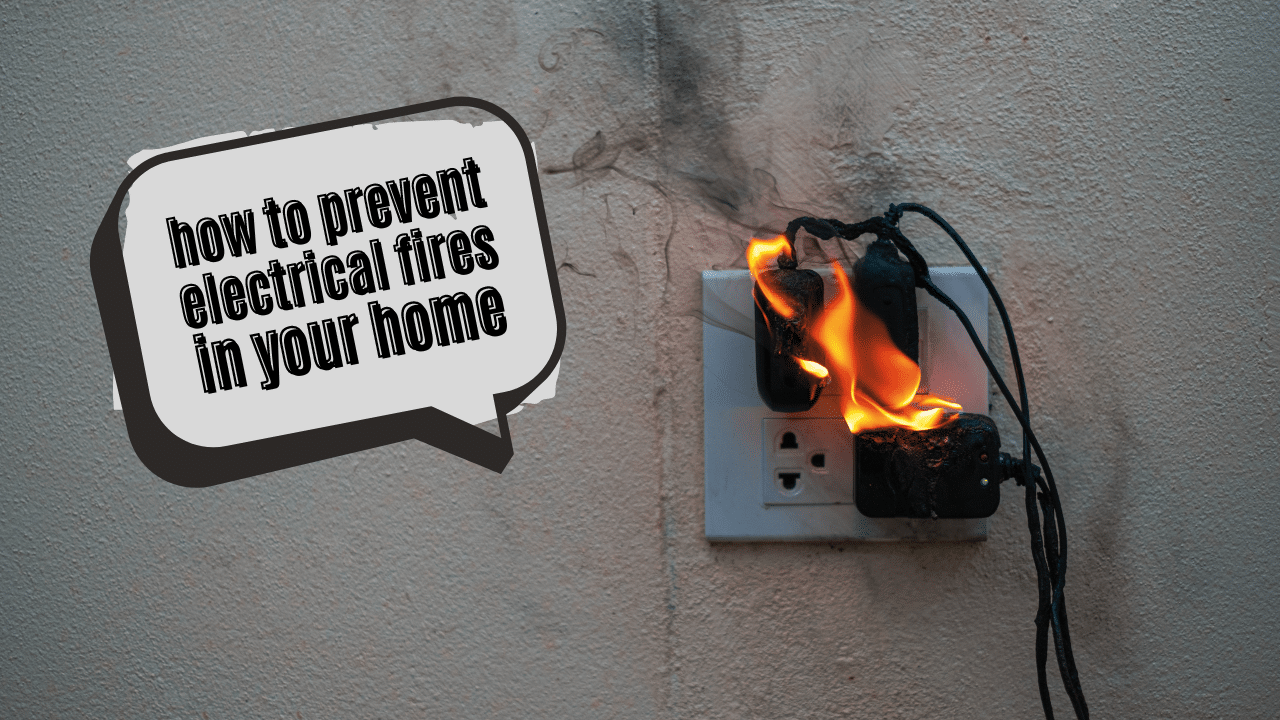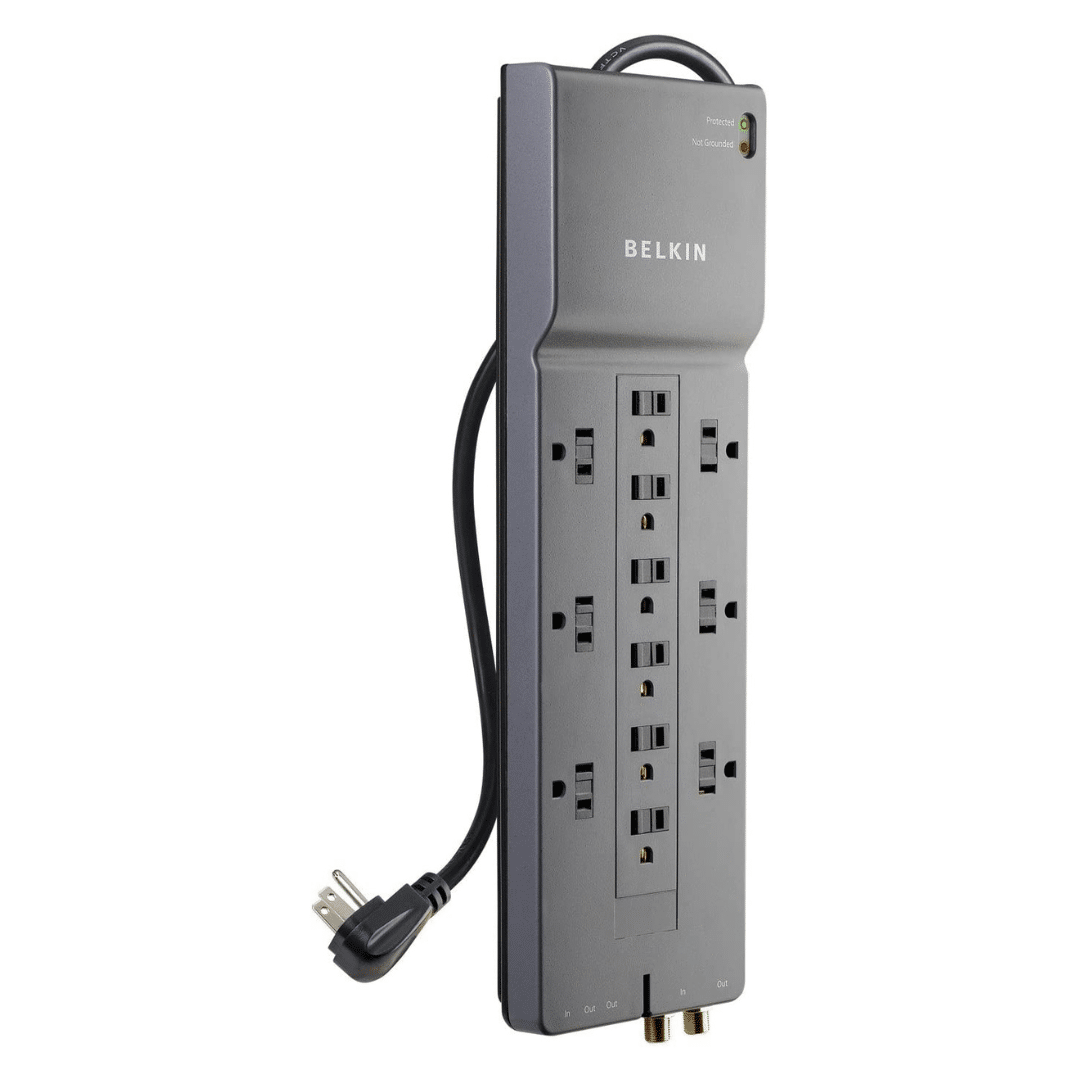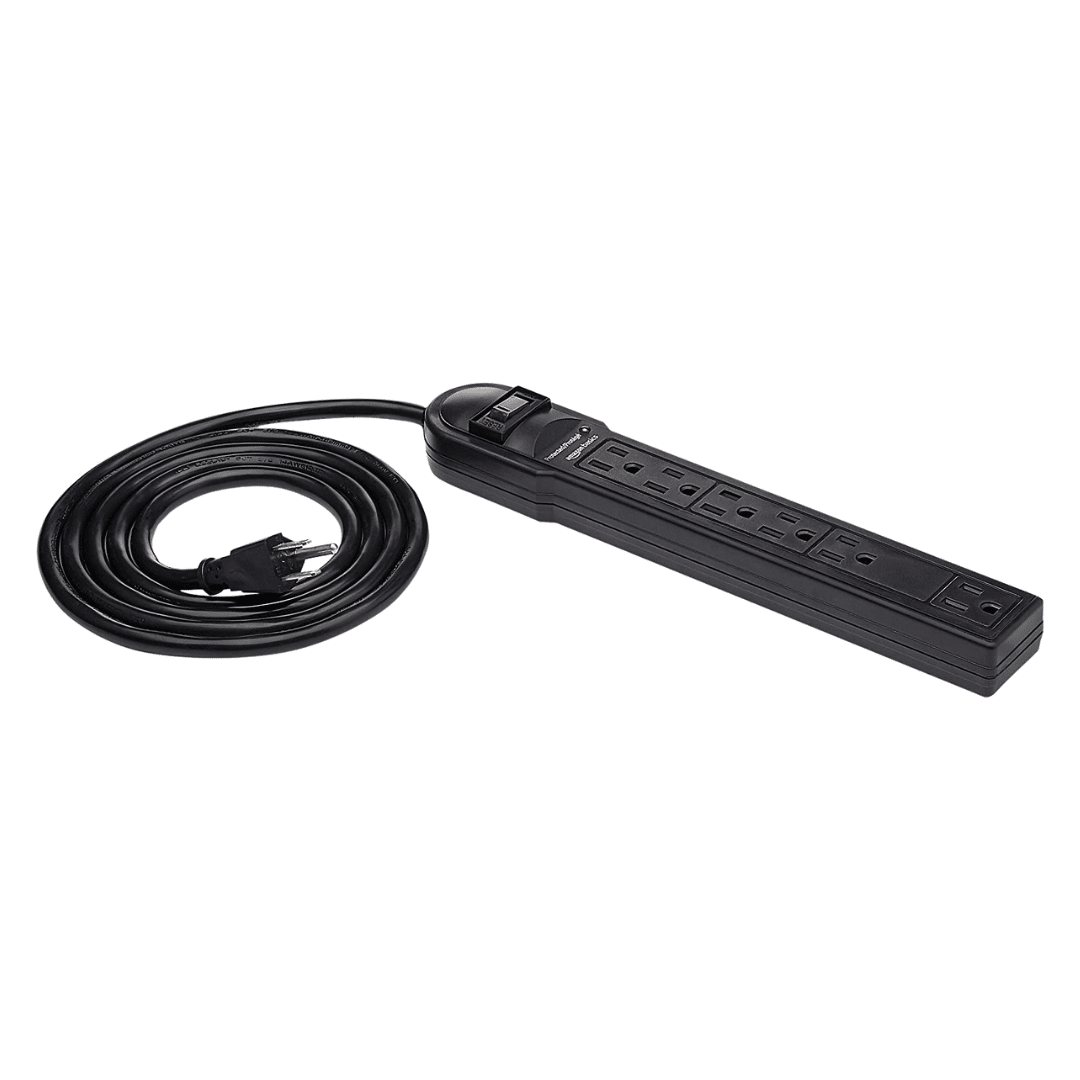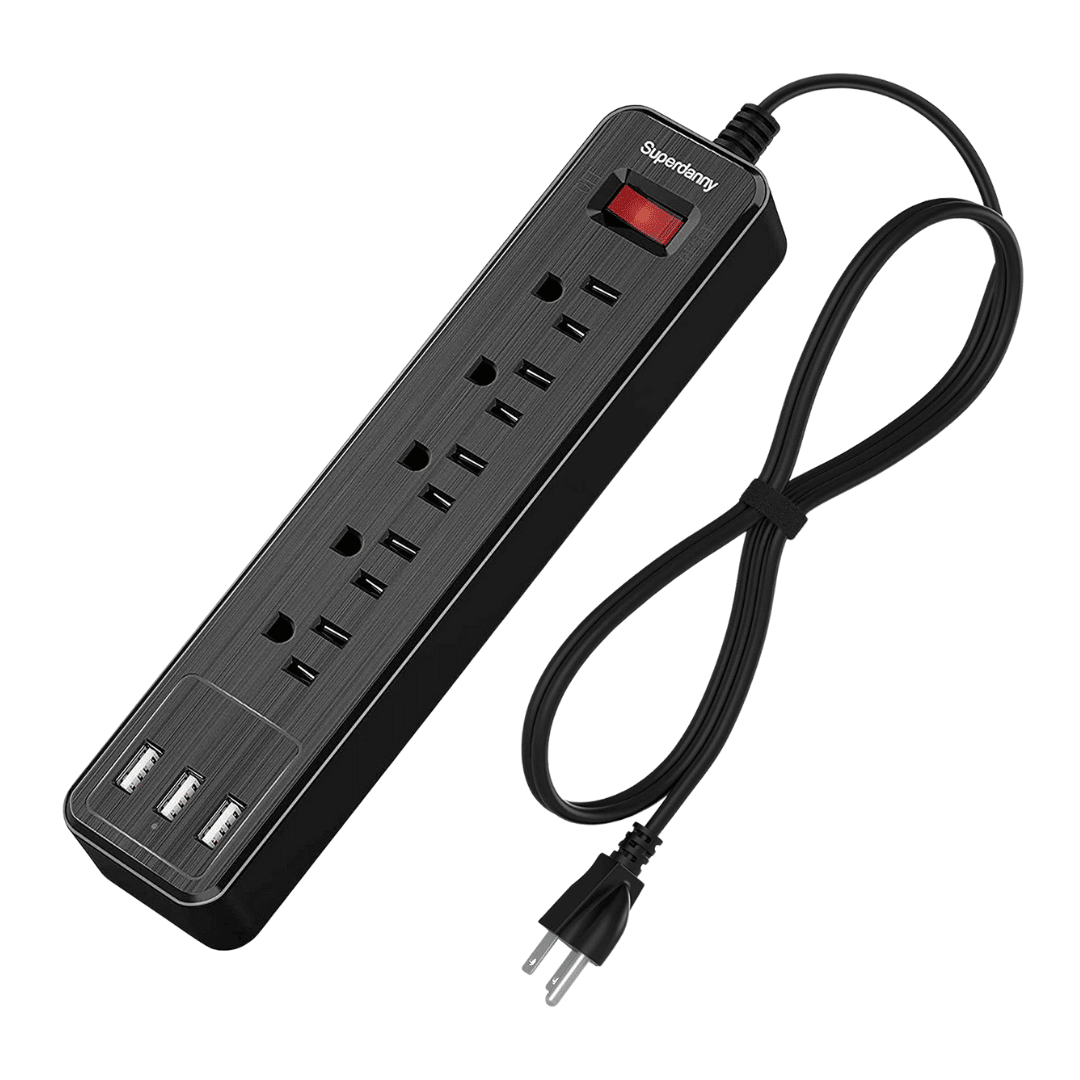Most homes consume power around the clock– from plugging in gadgets to turning on the AC. Although many homes today are wired to withstand high usage, the sad truth is that accidents can still occur. Over 25,000 household electrical fires are reported annually in the US, causing property damage and injuries. Wiring, outlets, switches, lamps, light bulbs, and cords are reportedly involved in nearly half of residential electrical fires.
Trust us, the last thing you'd want is to become another statistic. Electrical fires are risky, but fortunately, they can be avoided. We've compiled a few easy precautions you may take immediately to prevent this issue.
9 Tips to Prevent Residential Electrical Fires

Here are some ways to locate a potential fire risk and prevent an electrical fire in your home:
1. Have an Electrical Inspection Regularly
If you live in an older home (more than ten years old), hiring an electrician to check your wiring is a good move because old wires do not last forever. Additionally, knowing the type of wiring in your home is crucial because aluminum wiring is more prone to electrical fires than copper wiring.
2. Avoid Overloading Outlets
Each outlet can only handle a certain amount of power from the electrical circuits simultaneously. Overloading an outlet increases the risk of sparking and igniting an electrical fire.
Although it may be tempting to plug in an extension cord– still be mindful of any potentially overloaded outlets. Use a surge protector when connecting many devices to a single outlet. To assist in distributing the electrical load fairly and lower the risk of a house fire, opt to hire an electrician to install extra sockets.
3. Replace Old Wiring
To avoid a potential electrical fire, fix your old wiring or replace it if a power cable or your home's wiring is frayed, worn out, or torn. Similarly, plugs on your old electrical appliances can tear and fray like wires. Broken plugs can either spark or overheat, which can result in an electrical fire in addition to being a shock hazard.
4. Keep Flammable Materials Away
Any bedding, towels, and carpets made of cloth should be kept far from electrical outlets. This needs special attention when hot appliances, such as space heaters or irons, are plugged in. Also, keep a close eye on where you store any flammable liquids, such as lighter fluid and gasoline. These liquids must be stored safely away from outlets– even in a garage.
5. Pay Attention to Your Trendy Appliances
Trendy kitchen gadgets, such as instant pots and air fryers, should be given special consideration on where and when you plug them in. Avoid plugging too many appliances into a kitchen socket, and always unplug appliances when not in use.
For your safety, stop using your toaster, microwave, or other equipment as soon as you notice sparks or smoke start to come out of it. Then, disconnect it at once and contact an electrician. They can help diagnose if your new appliance needs to be repaired or replaced.
6. Use Surge Protectors
If you're unfamiliar with this item, surge protectors help protect electrical devices and other plugged-in items from the risks posed by power surges.
An electrical surge can overwhelm your outlet and increase the energy flowing through it, overloading the appliance and triggering a spark. This possible fire hazard will be lessened with the help of a surge protector. You can purchase one on Amazon or at the local hardware store near you.
7. Pay Attention to Flickering
Any unusual symptoms, such as flickering lights or an odd buzzing from an outlet, may indicate an electrical issue. It would be best to avoid disregarding the problem because it can mean a fire risk. Instead, stop using the outlet and have a licensed electrician assess the situation.
8. Install Smoke Alarms and Keep a Fire Extinguisher
Having the right amount of smoke detectors at home might make a significant impact in the event of an electrical fire. Including every bedroom and outside every sleeping area, there should be a smoke detector unit every 21 feet. You may also install alarms in the attic, basement, and garage. Keeping a fire extinguisher close is another smart move. This can assist in putting out smaller fires, given electrical fires cannot be quickly extinguished with water.
9. Use Electrical Appliances Safely
By purchasing from a reputable merchant, you can reduce the danger of electric shock or fire using equipment like refrigerators, freezers, dishwashers, washing machines, and tumble dryers. Accordingly, install, operate, and maintain your new appliances according to the manufacturer's instructions.
Preventing Electrical Fires at Home: By Piece
Let's discuss safety measures you can follow per electrical piece to avoid the risk of electrical fires.
Tell-tale Signs of Faulty Wiring or Electrical Systems at Home
Learn to identify the warning signs that indicate a potential wiring or electrical issue to prevent an electrical fire. If you notice any of the following problems in your property, consult an electrician right away to inspect and repair electrical issues:
Because electrical work is concealed behind the walls of your home– it can sometimes be difficult to diagnose if you have outdated, faulty wiring. But keep in mind that electrical issues pose a severe fire risk. (Related: Need To Update the Electrical System? Here’s What Rewiring Your House Should Cost)



